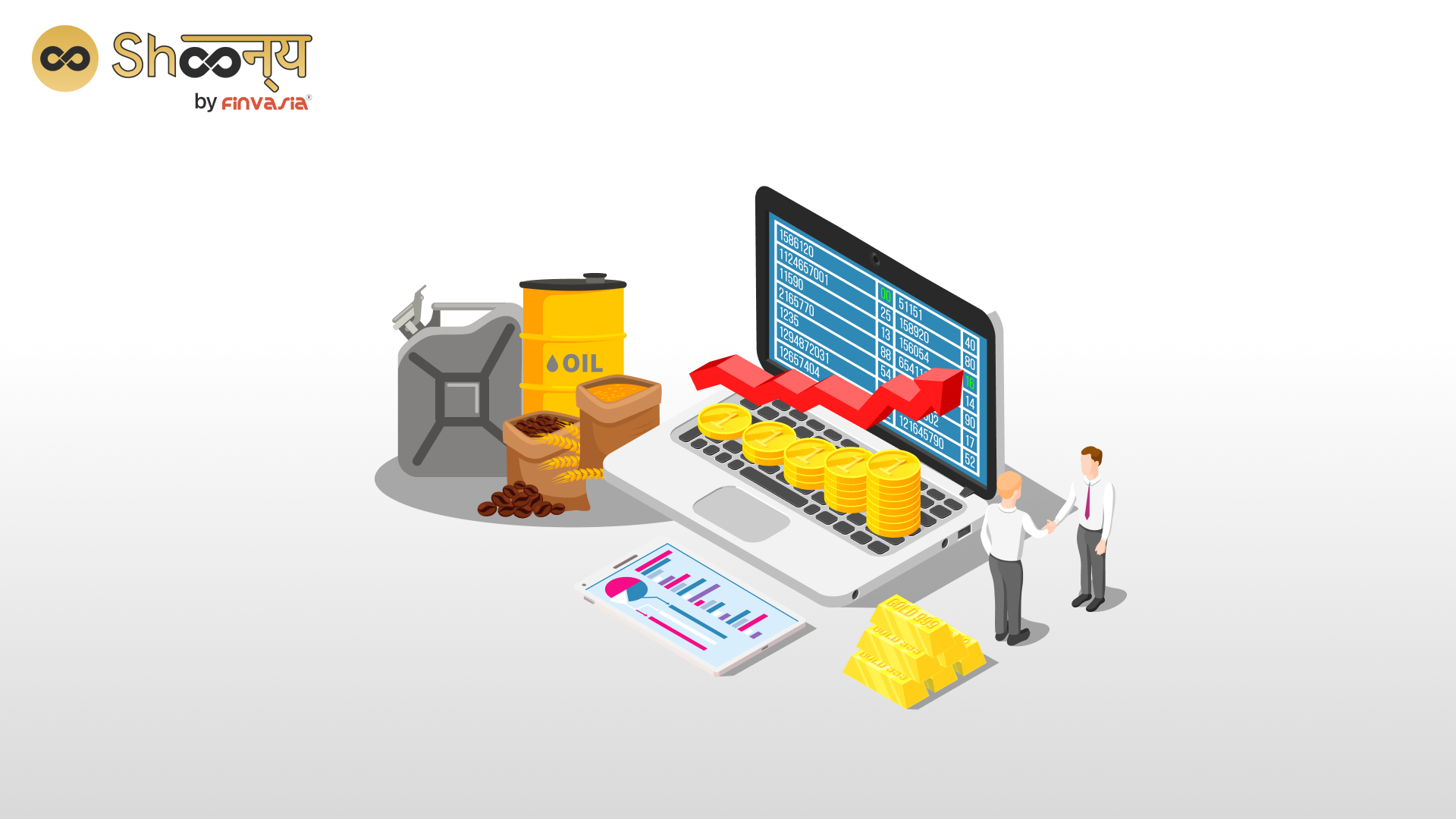Commodity exchanges serve as dynamic platforms where buyers and sellers engage in the trade of various commodities, including metals, energy resources, agricultural products, and more. In this comprehensive guide tailored to the Indian audience, we delve into the multifaceted realm of commodity exchanges. Our aim is to empower you with insights that go beyond the surface, helping you make well-informed investment choices.
Understanding the Role of Commodity Exchanges
Commodity exchanges are pivotal to the Indian economy, offering numerous advantages:
1. Price Discovery in Commodity Market
A commodity exchange serves as the compass for determining the fair market value of commodities. It accomplishes this by aligning with the fundamental principles of supply and demand. This ensures a transparent and efficient pricing mechanism, reducing the risk of market manipulation or speculation.
2. Risk Management in Commodity Market
One of the standout benefits of commodity exchanges is their role in risk mitigation. They provide a shield against the price fluctuations of commodities through the issuance of futures and options contracts. These derivatives empower traders to secure prices or profit margins for future deliveries or purchases of commodities. This mechanism curtails uncertainty and market volatility, shielding traders from adverse price movements.
3. Quality Assurance in Commodity Market
Commodity exchanges contribute to standardizing the quality and quantity of commodities. By establishing specific specifications and criteria for each commodity, they ensure uniformity and consistency in the delivery and receipt of goods. This standardization greatly diminishes the risk of disputes or defaults.
4. Market Development in Commodity Market
Commodity exchanges act as catalysts for the growth and innovation of the commodity sector. They foster competition, diversification, and innovation, thereby promoting the overall development of the market. Moreover, commodity exchanges bring together a multitude of stakeholders, including producers, consumers, intermediaries, investors, and regulators. This convergence creates opportunities for value addition and wealth creation.
Getting Started with Commodity Trading in India
To embark on your journey in commodity trading in India, consider the following steps:
- Choose a Reputable Platform: Open an account with a trustworthy brokerage or trading platform that offers commodity trading services.
- Educate Yourself: Dive into comprehensive research about the commodities you’re interested in. Gain an understanding of market dynamics, historical trends, and influencing factors.
- Develop a Strategy: Craft a trading strategy that aligns with your investment goals and risk tolerance. Your strategy should factor in your chosen commodities and market conditions.
- Seek Professional Guidance: Consider consulting a financial advisor for personalized guidance and insights. They can provide tailored recommendations based on your financial objectives.
- Stay Informed: Keep yourself updated with the latest news and developments in the commodity markets. Market knowledge is a key asset in commodity trading.
- Exercise Caution: Remember that commodity trading carries inherent risks, and it’s essential to manage these risks effectively. Be prepared for market fluctuations and stay disciplined in your trading approach.
Conclusion
Understanding the pivotal role of commodity exchanges in India is indispensable for investors seeking to diversify their portfolios. These exchanges serve as pillars of transparency, risk management, quality assurance, and market development. By harnessing the potential of commodity trading, Indian investors can access a world of opportunities.
FAQs
Electronic trading enhances accessibility and efficiency in commodities markets, allowing investors to participate from anywhere. It also reduces the need for physical trading floors, making transactions more streamlined.
To invest in commodities in India, start by opening an account with a reputable brokerage that offers commodity trading services. Then, research the commodities you’re interested in, understand the market dynamics, and develop a trading strategy.
Yes, commodities trading carries risks like any other investment. Prices can be volatile, and factors like supply and demand, geopolitical events, and economic conditions can influence commodity prices.
Yes, electronic trading platforms are available in India, allowing investors to trade commodities online. These platforms offer convenience and real-time access to market data.
Investors should be cautious when trading thinly traded commodities as they can be more volatile due to lower liquidity. Adequate research and risk management are essential in such cases.
______________________________________________________________________________________
Disclaimer: Investments in the securities market are subject to market risks; read all the related documents carefully before investing.

